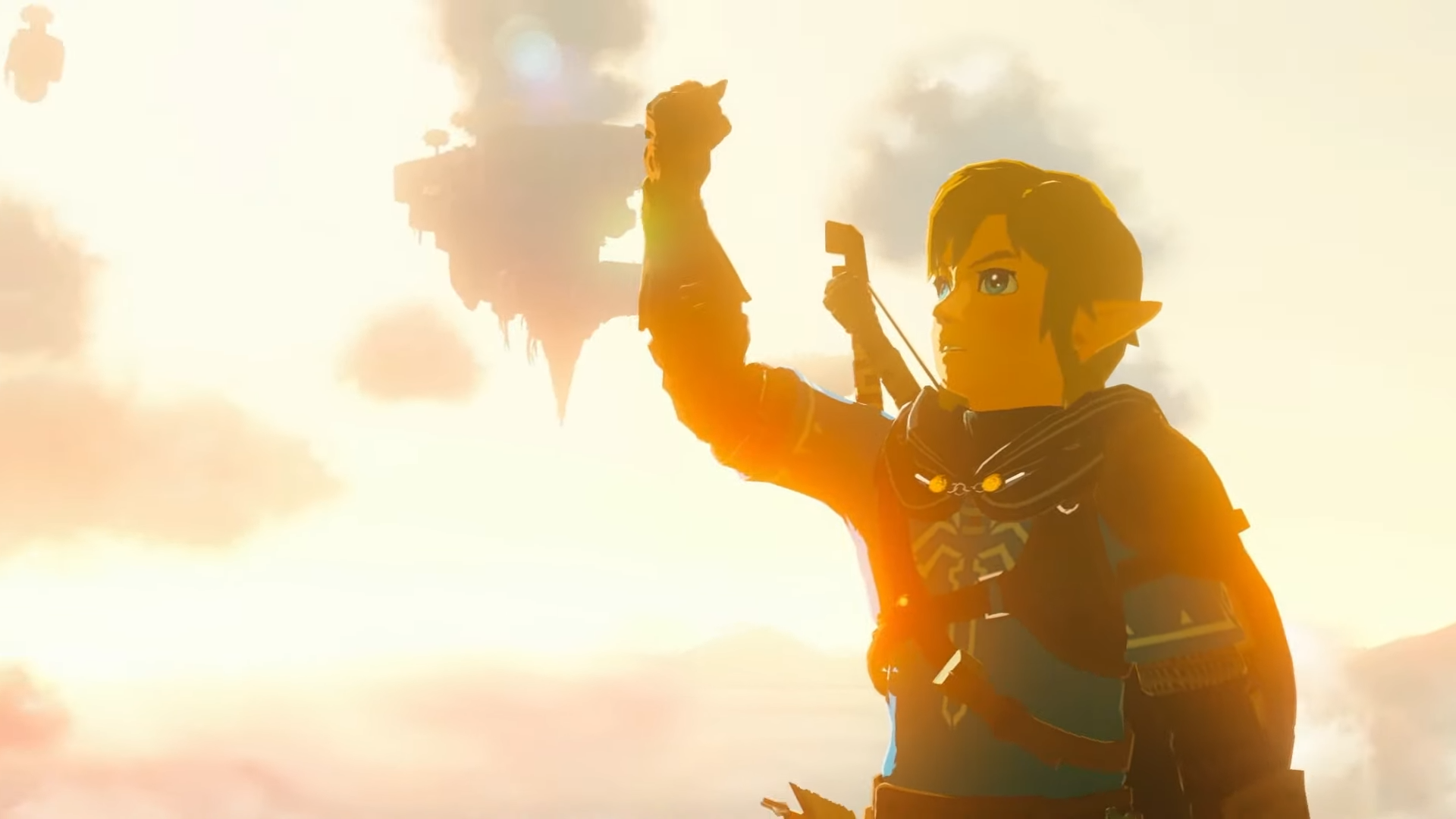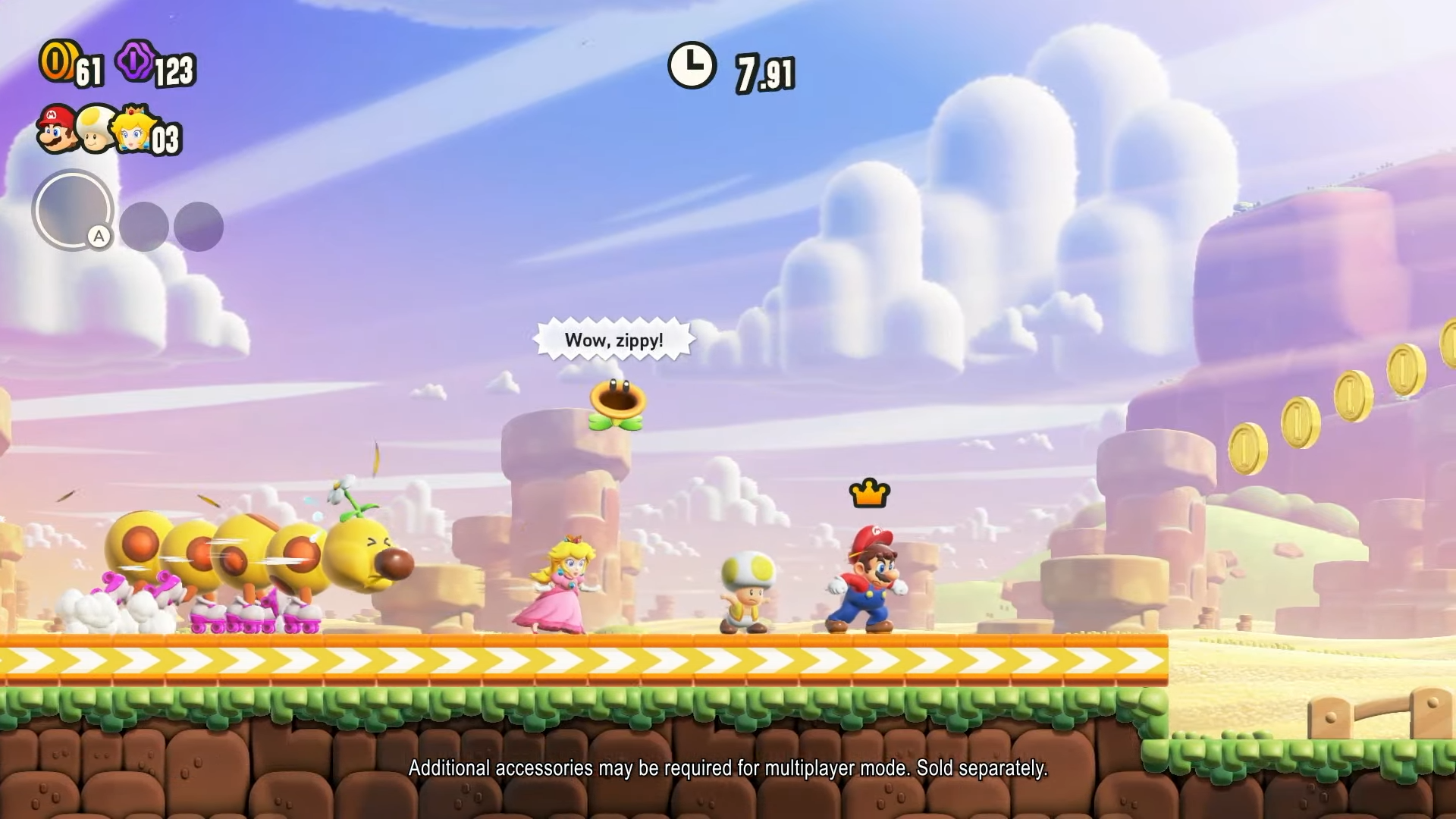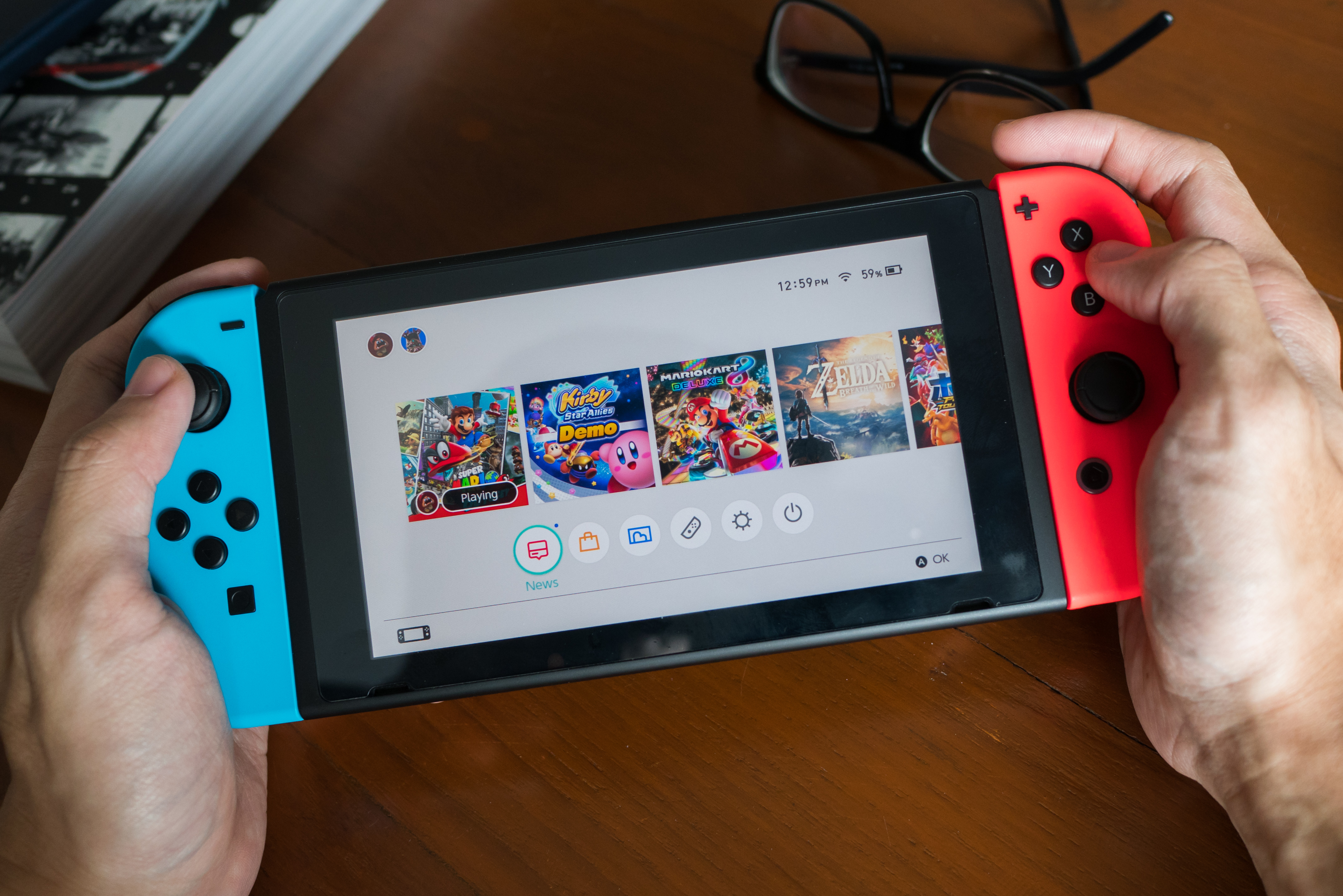Nintendo Switch 2 could get ray tracing and DLSS with new Nvidia chip
Get ready to see Mario and Zelda in a whole new light

Recent updates
Nintendo has revealed the Switch 2: On Wednesday, April 2, 2025, company officials announced Nintendo would release the Switch 2 on June 5, 2025 at a cost of $449. Read the minute-by-minute live blog for the Nintendo Switch 2 announcement presentation.
Could the Nintendo Switch 2 have ray tracing? It’s possible according to recent rumors surrounding Nvidia, the chipmaker behind the Tegra X1 chip found in the current Switch lineup. It’s not surprising that Nvidia could be developing the processor for the Switch 2, but it does open the door for a couple of big performance upgrades including ray tracing and DLSS.
Here’s what we know so far.
Will the Switch 2 have ray tracing?

According to a February 9th report from Reuters, Nvidia is building a custom chip business unit which could be developing a next-gen chip for the Switch 2. All three existing Switch models are powered by Nvidia’s custom Tegra X1 mobile chip. So, it makes sense for Nintendo to continue working with Nvidia on their next console.
What’s exciting about this news are the possibilities that go along with a new Nvidia chip. Nvidia’s graphics technology has come a long way since the original Nintendo Switch came out in 2017. Nvidia released their first RTX graphics cards in 2018 and launched DLSS in 2019, so the Switch missed out on both advancements. That could change with the Switch 2.
Since Nvidia is most likely the manufacturer for the custom chip that will power the Switch 2, there’s a good chance it will have ray tracing capabilities and possibly DLSS or a similar upscaling tech. Those are both huge leaps for the Switch. Ray tracing alone could transform the look and feel of the next generation of Nintendo games.
For those who haven’t encountered ray tracing before, it’s a graphics rendering technology that simulates realistic lighting by recreating the paths of light rays. That might not sound like a big deal, but ray tracing can make games look far more realistic with details like accurate reflections and shadows.
Ray tracing tech has become more accessible since the original Switch was released, but it’s still demanding. So, it will definitely be helpful if the Switch 2 has DLSS or a similar FPS upscaling technology to help make up for frame rate drops due to ray tracing. With both graphics updates, next-gen Switch games could look great on the rumored 8-inch screen on the Switch 2 (although we’re still holding out hope it will be OLED).
Stay in the know with Laptop Mag
Get our in-depth reviews, helpful tips, great deals, and the biggest news stories delivered to your inbox.
Switch 2 ray tracing could be backwards compatible

With the next Switch console likely getting some major graphics upgrades, you might be wondering how that will impact your existing library of games. A February 11th rumor from Nintendo leaker Universo Nintendo indicates that the Switch 2 will be fully backwards compatible with digital and physical Switch games.
Even better, developers may be able to update their games to take advantage of the new hardware in the Switch 2. That means you’ll not only be able to play your existing Switch titles on the new console, they could also get graphics improvements.
Nintendo has a history of making their consoles backwards compatible, so it’s highly probable this rumor will pan out. However, there is one potential twist. The Switch 2 could have two versions at launch: a standard model and a digital-only model, which won’t have a slot for physical game cards. So, you may need to buy the standard model if you want full backwards compatibility.
When will Nintendo announce the Switch 2?
We won’t know for sure if the Switch 2 has ray tracing and DLSS until we get an official announcement from Nintendo. It’s highly likely that announcement will come in 2024. Nintendo is expected to have a Nintendo Direct presentation this month, which could include hints at the Switch 2. However, the most likely window for an announcement is the second half of the year, potentially at a September Nintendo Direct.
We’re keeping a close eye on all the rumors and news surrounding the Switch 2, so stay tuned for more updates.

Stevie Bonifield is a freelance tech journalist who has written for PC Gamer, Tom's Guide, and Laptop Mag on everything from gaming to smartwatches. Outside of writing, Stevie loves indie games, TTRPGs, and building way too many custom keyboards.
